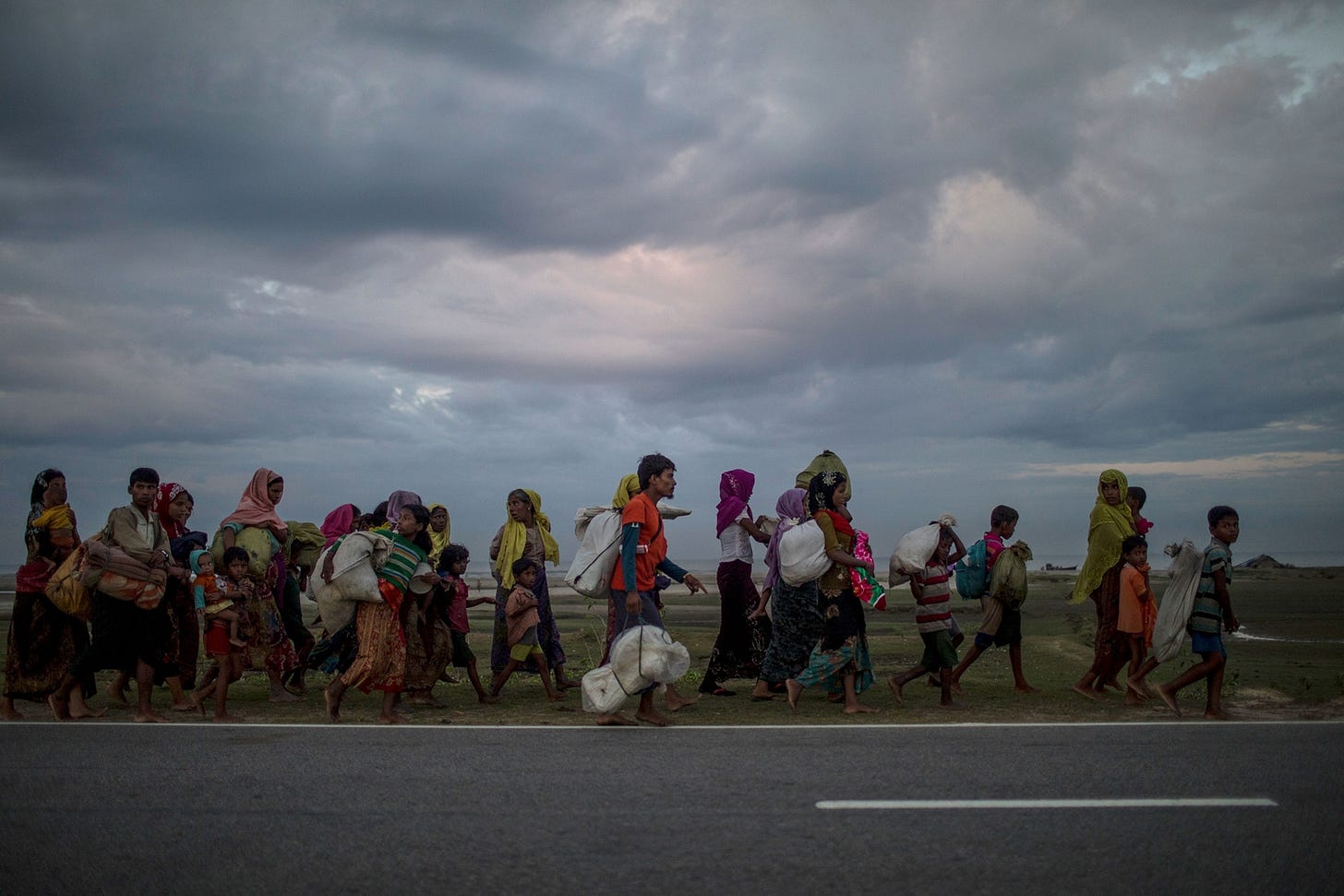A couple of years ago, I had a consulting client that made high-performance building panels. These panels could make interiors that were so well insulated and airtight they stayed comfortable throughout the year, only requiring a small amount of energy to heat or cool even in extreme temperatures. The panels were also significantly stronger than conventional ‘stick building,’ which is the primary way homes and small buildings are built in the US. Despite the panel system’s advantages, the company had a hard time getting potential customers to pay the extra 10-15 percent cost premium the panels had over stick construction. While working with this client, I realized few people consider the true purpose of a home. People understand homes as the main asset backing their net-worth. They understand homes as status symbols. They understand homes as recreational structures —places to put third garages, swimming pools, and man caves. But few people understand homes in the context of survival, as structures that provide shelter and protection from the elements and other external threats. If they did, homes would be designed, constructed, and planned in very different ways. They’d be smaller, ultra-insulated, multi-unit, and grouped together. Homes sure as shit wouldn’t be located in flood plains and deserts, as so many of them are today.
It’s not just housing that’s removed from its original survivalist purpose. Food is a recreational pastime or vehicle for comely physiques, not an essential source of nutrition. Clothing is a status symbol or indicator of mating potential, not utilitarian protection from the elements. Family, friends, and community are financial and emotional resources to exploit, not vital members of human support systems. Everyday, the average American works eight hours, sleeps another eight, looks at screens for at least three plus hours, spends an hour in the car —none of these activities that comprise the average day for an Americans have value from the perspective of human survival, most vocations included.*
I’m a bit exhausted explaining why survival should be top of mind for most humans. It’s not simply that Earth’s climate is rapidly warming, flooding in some areas and desertifying in others. It’s the collapse of all the systems —agriculture, natural resource extraction, manufacturing, distribution, real estate, and more —whose economic models depend on thermostability. Ecological catastrophes will drive economic catastrophes that’ll drive social catastrophes; all of it will cause the aforementioned systems to become economically unfeasible and collapse. When that happens, y’all be saying, “Why didn’t I listen to David when I had the chance!?”
A good portion of my waking hours are spent considering how and where me and my children will live when shit goes down. Because I lack the money to build a fallout bunker (nor do I think that’s a smart survival strategy), my preparation is focused on systems I can afford, chiefly community building and food. I’m asking myself what kinds of people and which specific people I want around to support me and my kids in the case of an emergency. I’m asking myself where our food and water will come from when grocery stores close and food distribution networks become inoperable. I’m asking where I’ll live when climate migrants rove the planet in search of tolerable temperatures, arable land, and water. I’m also asking what can be done today to prepare for answering these questions about tomorrow. More on that soon.
*My statements mainly apply to the wealthy, ‘developed’ world. Those in poor nations know all about survival.
Song of the day:



https://www.thegatewaypundit.com/2024/01/study-predicts-thousands-u-s-cities-will-be/
This is educational. Perhaps I either missed these messages along the way, didn’t care, or there is a lack of messaging.
Annually, one or two friends, along with myself, head off to the Boundary Waters. You pack it in and spend time fishing, transporting canoes, and camping. This is nothing like an apocalypse, but you have to figure stuff out. Dealing with weather, lack of fish, poor campsites, and insects.
Last year was much cooler and very wet and rainy. Again…you have to figure stuff out so you can sleep and not get wet. One definitely makes notes on what worked and how to make better choices for the next trip.
Surprisingly you need less stuff/things. You need the right tools and equipment over items you never got around to using. That’s why this year I’m going to practice kayaking, fishing, packing, and camping from where I live. Call it an adventure.